Summaries of books about Economics:
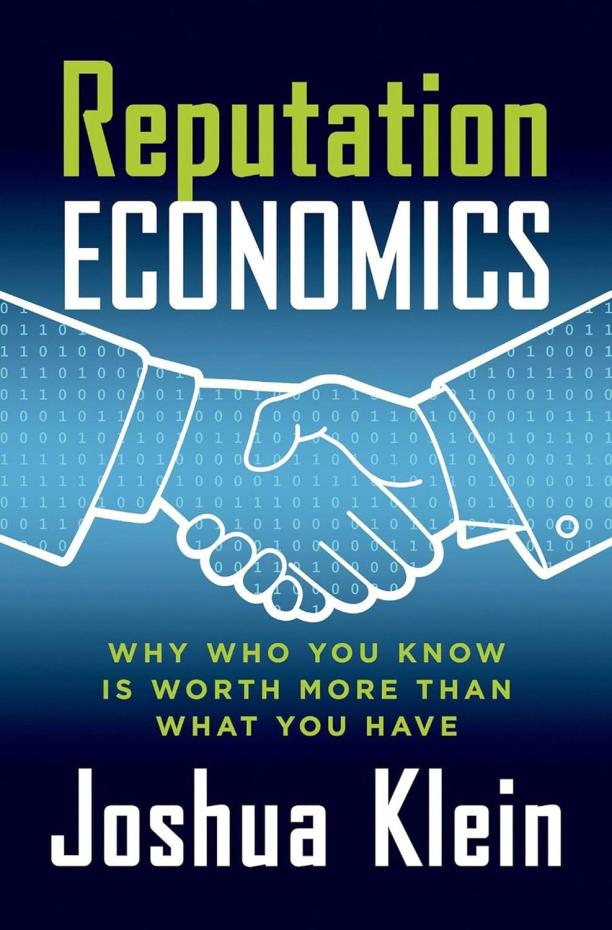
Reputation Economics
Why Who You Know Is Worth More Than What You Have
Joshua Klein
The book explores the concept that in the digital age, personal and professional networks have become more valuable than traditional economic assets. It delves into how trust, influence, and what others say about you can determine success in a world where information and reputation are exchanged like currency.
See full summary

Bloodsport
When Ruthless Dealmakers, Shrewd Ideologues, and Brawling Lawyers Toppled the Corporate Establishment
Robert Teitelman
The book delves into the transformation of American business and finance in the 1970s and 1980s, marked by hostile takeovers and the rise of shareholder value. It explores the roles of key players in law, investment banking, and corporate management who drove this aggressive, often controversial, reshaping of the corporate landscape.
See full summary
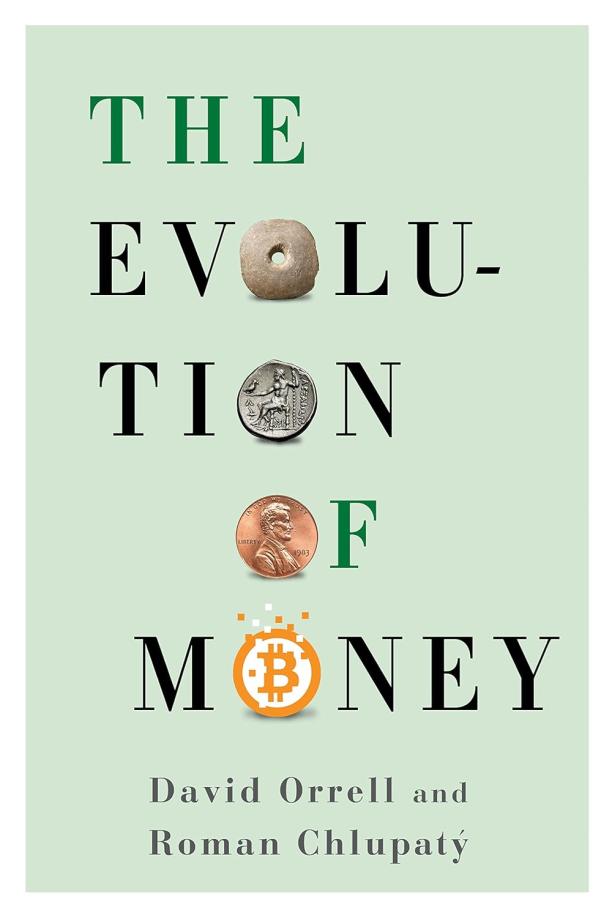
The Evolution of Money
David Orrell|Roman Chlupatý
The book explores the historical development of money, from ancient barter systems to modern digital currencies, examining the social, technological, and economic forces that have shaped its evolution. It also delves into the future of money, discussing the potential impacts of innovations like cryptocurrency on global financial systems and society at large.
See full summary
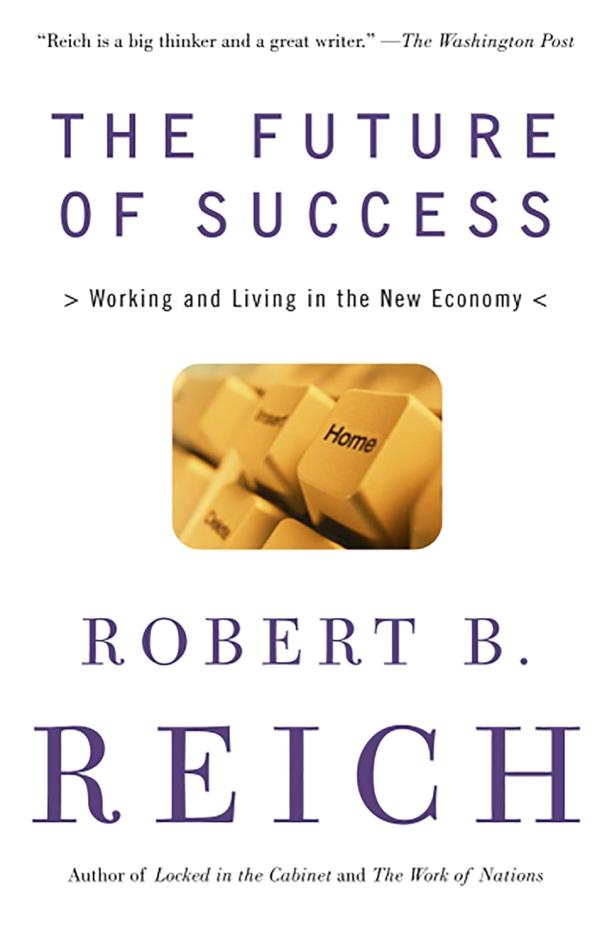
The Future of Success
Robert B. Reich
The book examines the changing nature of work, business, and the economy in the face of technological advancements and globalization, arguing that these shifts lead to both increased prosperity and greater stress for workers. It explores the trade-offs between material wealth and personal fulfillment, suggesting that success in the new economy requires a balance between the two.
See full summary
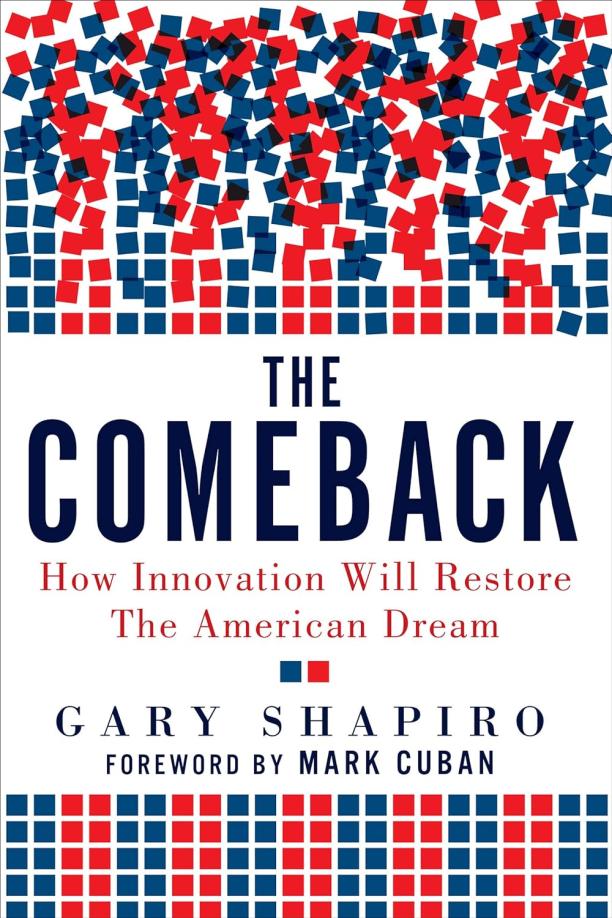
The Comeback
How Innovation Will Restore the American Dream
Gary Shapiro|Mark Cuban
The book presents a blueprint for driving innovation within the United States to boost economic growth and maintain global competitiveness. It advocates for policy changes, entrepreneurial spirit, and a focus on technology and education to revitalize the American dream.
See full summary
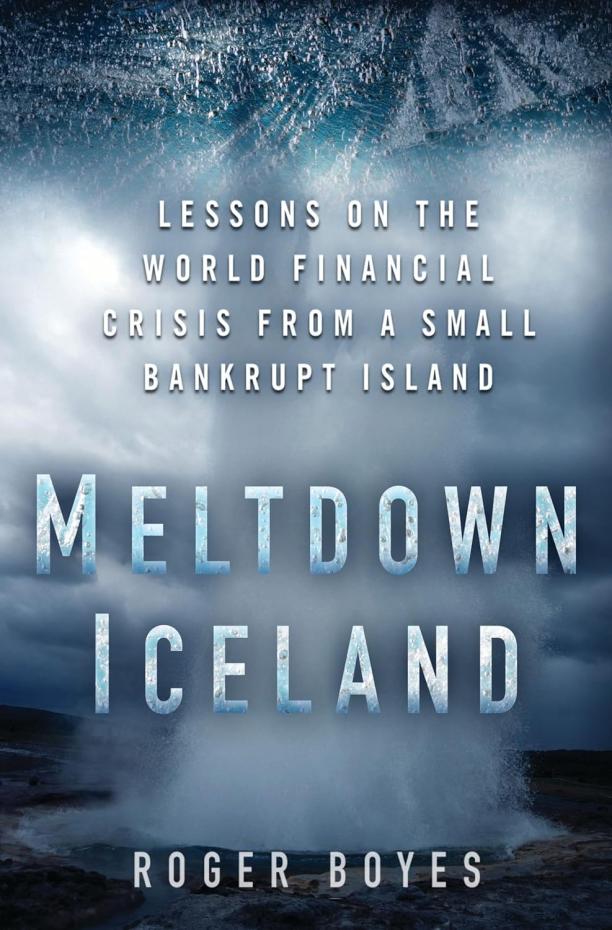
Meltdown Iceland
Lessons on the World Financial Crisis from a Small Bankrupt Island
Roger Boyes
The book delves into the rapid economic rise and subsequent catastrophic financial collapse of Iceland in 2008, examining how the country's banking sector grew excessively and the impact of its failure on the global economy. It provides insights into the causes of the crisis, the lessons learned, and the implications for international financial systems.
See full summary
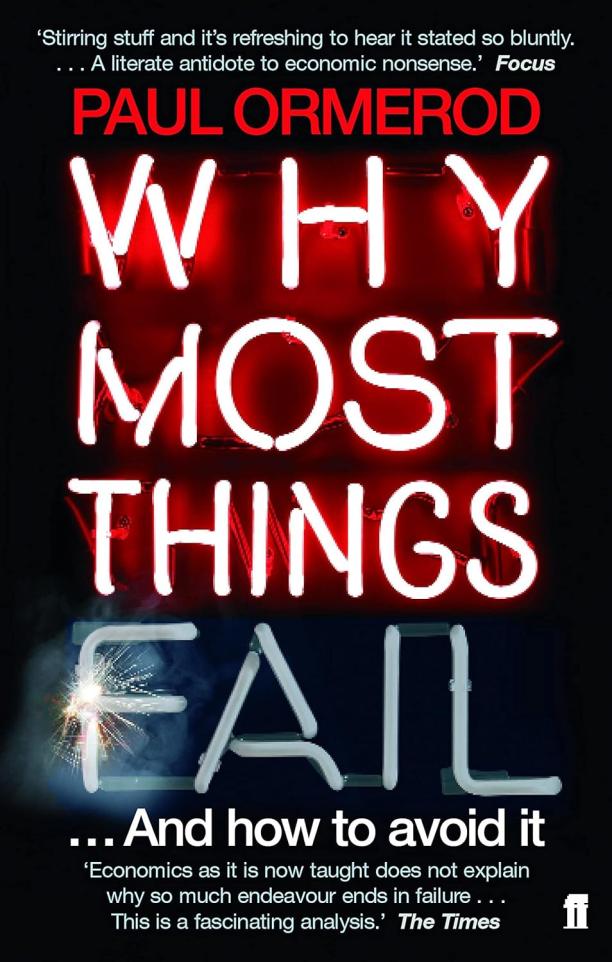
Why Most Things Fail
Paul Ormerod
The book explores the patterns of failure in businesses and economies, drawing parallels with biological systems to argue that failure is an inevitable part of the complex, adaptive systems that make up our world. It challenges traditional economic theories and presents a new understanding of why failure occurs, emphasizing unpredictability and the limitations of human knowledge in preventing collapse.
See full summary
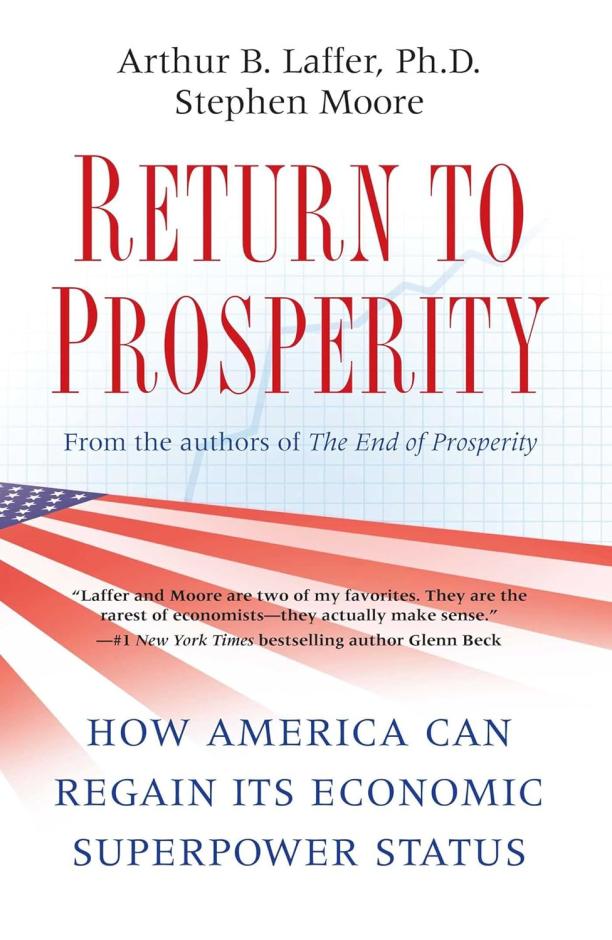
Return to Prosperity
How America Can Regain Its Economic Superpower Status
Arthur B. Laffer|Stephen Moore
The book presents a conservative perspective on economic policy, advocating for lower taxes, reduced government spending, and deregulation as the keys to reviving the United States' economic growth and maintaining its status as a global economic superpower. It critiques current fiscal policies and offers a roadmap for achieving prosperity through free-market principles and supply-side economics.
See full summary
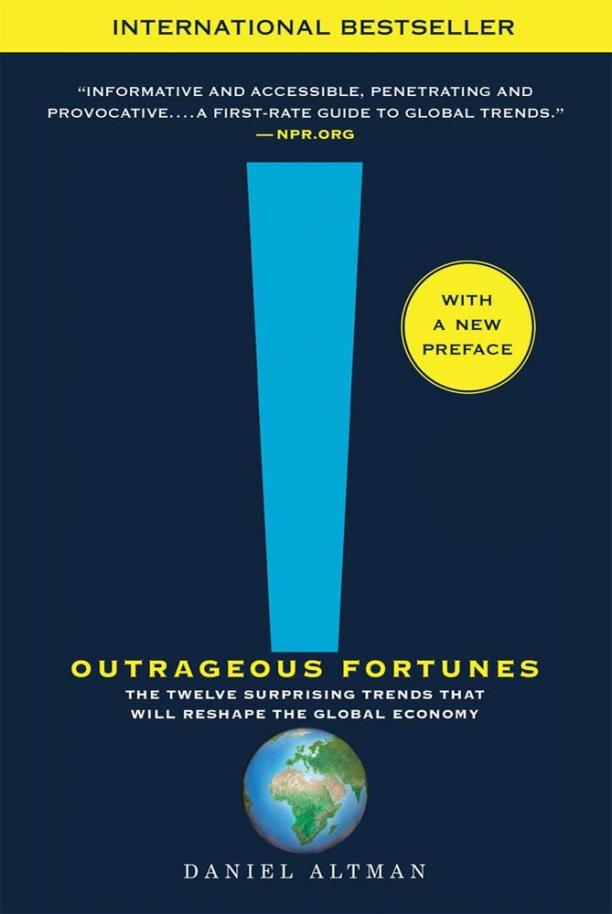
Outrageous Fortunes
The Twelve Surprising Trends That Will Reshape the Global Economy
Daniel Altman
The book presents twelve unexpected trends that the author predicts will significantly influence the global economic landscape in the future. It explores the potential impacts of these trends on international trade, economic growth, and the distribution of wealth across nations.
See full summary
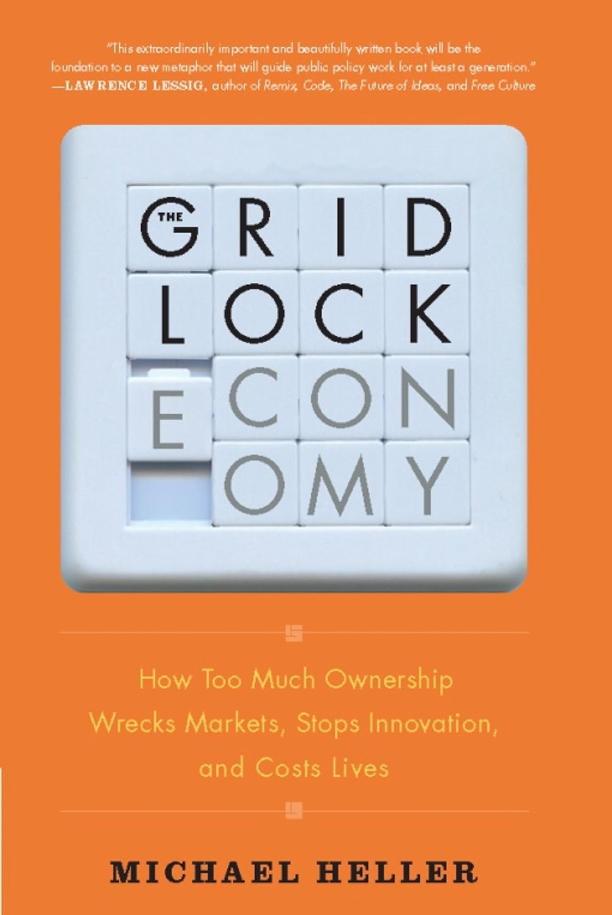
The Gridlock Economy
How Too Much Ownership Wrecks Markets, Stops Innovation, and Costs Lives
Michael Heller
The book examines the paradox where excessive ownership rights lead to underuse of resources, stifling innovation and economic growth. It explores how fragmented property rights create a "tragedy of the anticommons" where the inability to aggregate these rights prevents valuable assets from being efficiently utilized.
See full summary